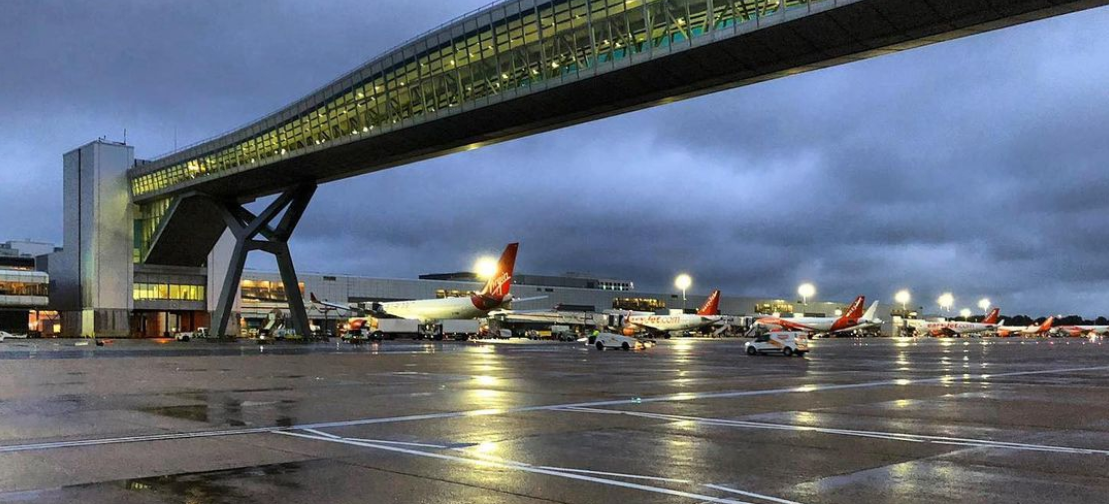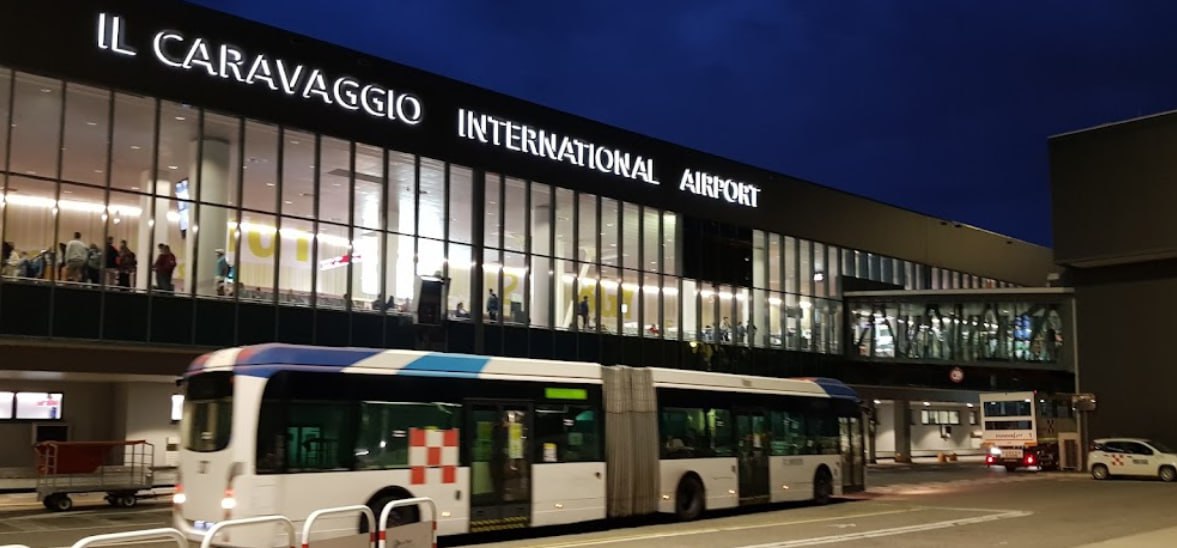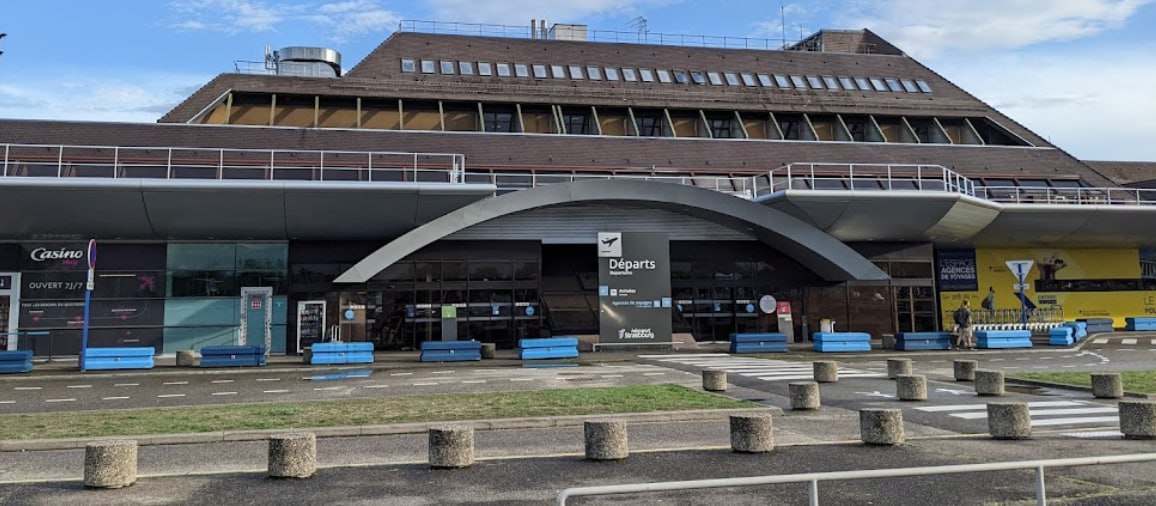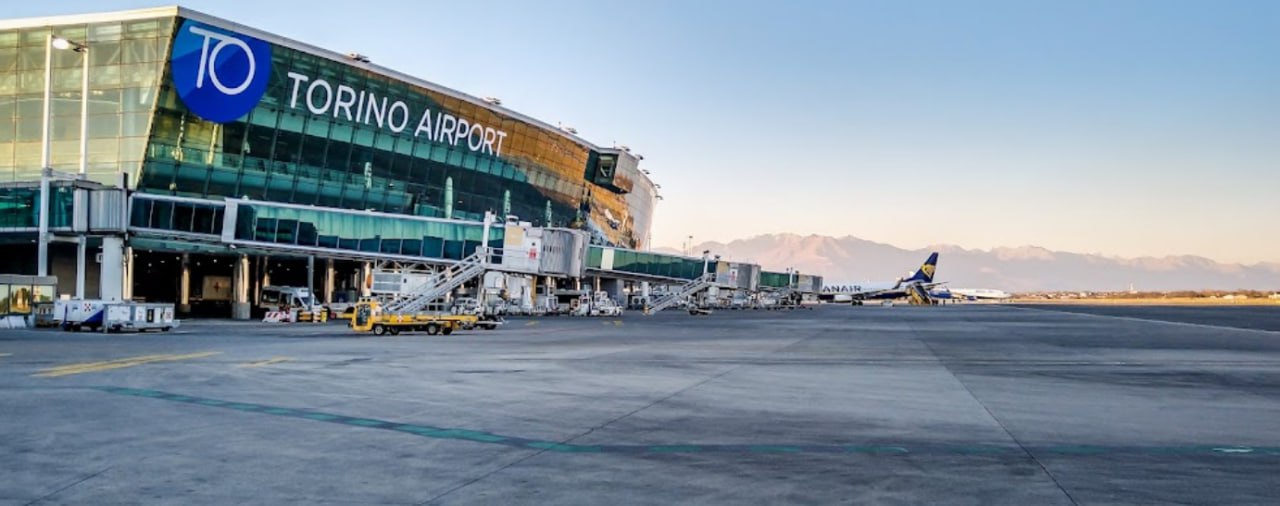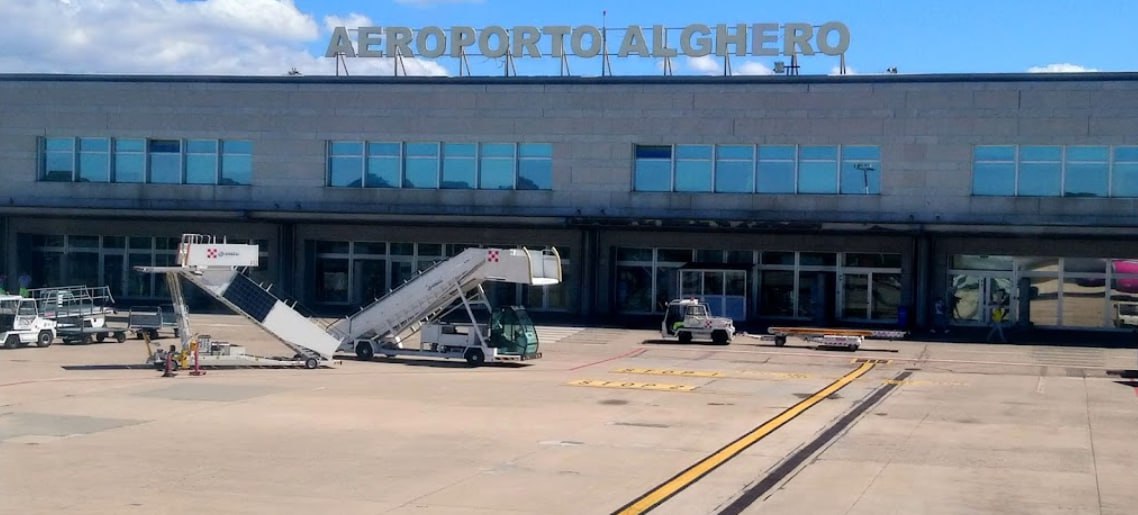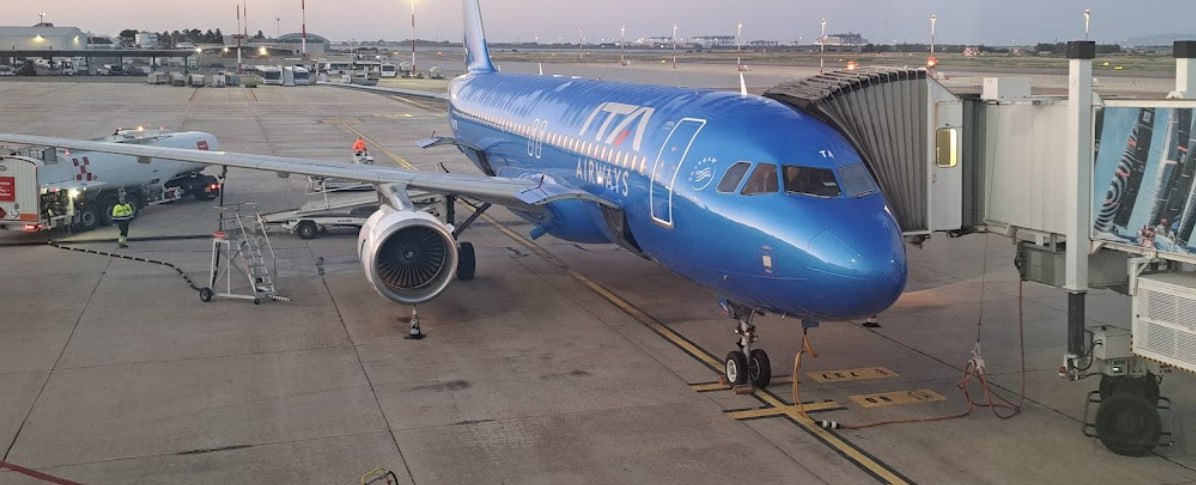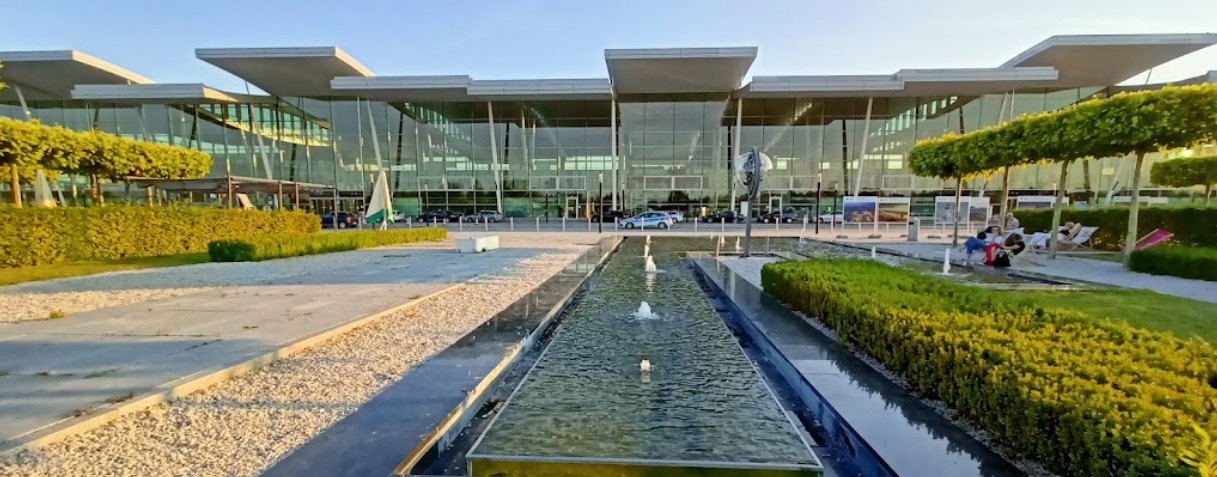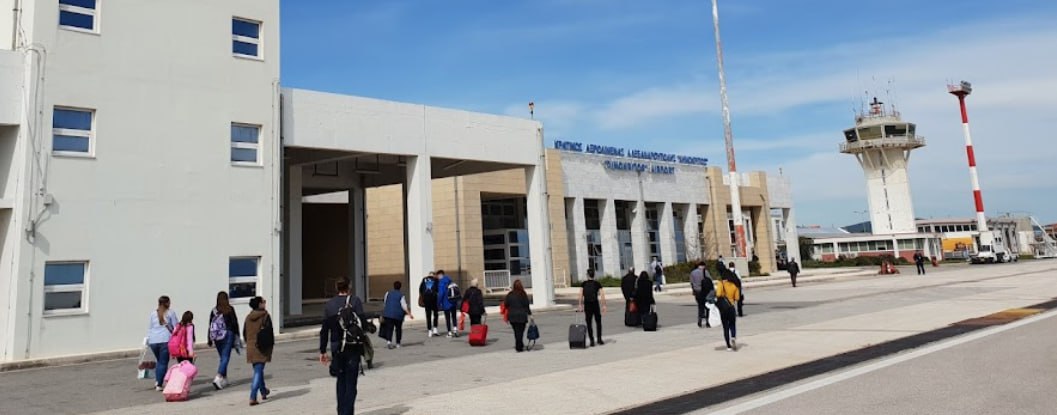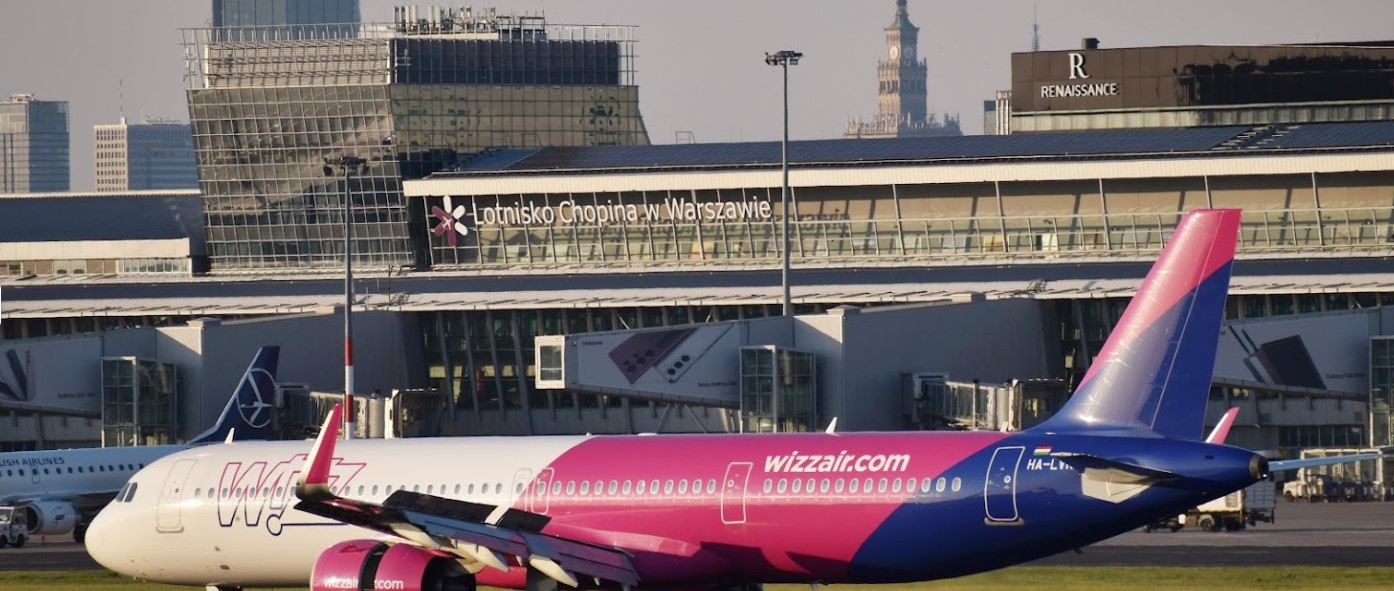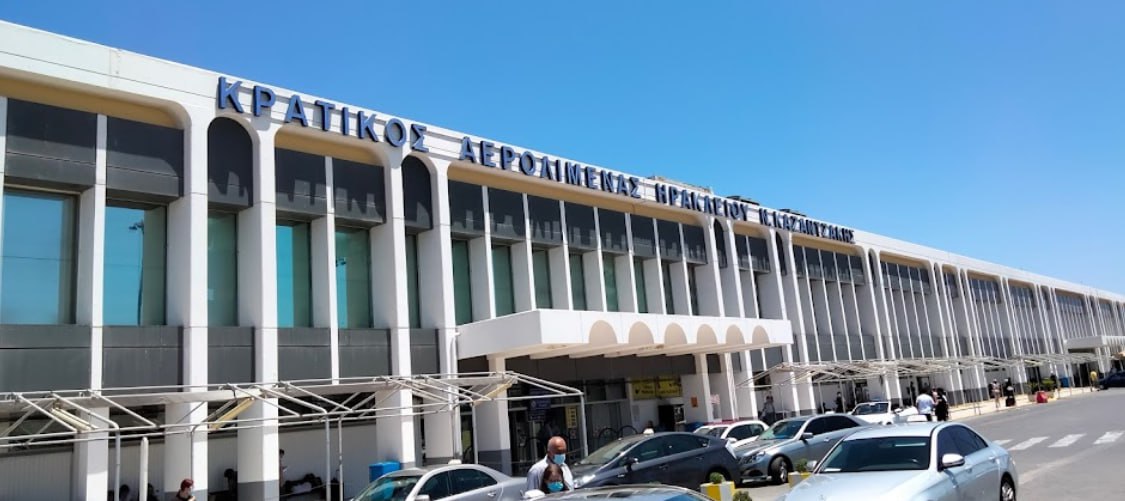Liège Airport: Interesting Facts and History
Liège Airport, located in Belgium, boasts a rich history and several intriguing facts that highlight its significance as a key aviation hub in Europe. Here's a comprehensive overview:
Historical Origins: Liège Airport, also known as Liège-Bierset Airport, traces its origins back to the early 20th century when it was established as a military airfield during World War I. It played a strategic role in supporting military operations during the conflict.
Civilian Transition: Following World War II, Liège Airport underwent a transition to civilian use, gradually evolving into a commercial airport. In 1954, it officially opened for civilian air traffic, catering to both passenger flights and cargo operations.
Strategic Location: Situated in the heart of Europe, Liège Airport occupies a strategic geographical position, making it an important gateway for international trade and commerce. Its central location offers convenient access to major cities across Europe.
Cargo Hub: Liège Airport has earned a reputation as one of the largest cargo airports in Europe. It serves as a key hub for air freight operations, handling a significant volume of goods and products destined for global markets.
Global Connectivity: The airport is well-connected to destinations worldwide, with airlines operating cargo flights to major cities across Asia, the Americas, Africa, and beyond. Its extensive network facilitates the efficient transportation of goods on a global scale.
Infrastructure and Facilities: Liège Airport boasts modern infrastructure and state-of-the-art facilities to accommodate the needs of both passengers and cargo operators. It features dedicated cargo terminals, warehouses, and handling facilities equipped with advanced technology.
Technological Innovation: The airport has embraced technological innovation to enhance efficiency and safety. It employs cutting-edge systems for cargo handling, security screening, and aircraft maintenance, ensuring smooth operations and compliance with international standards.
Economic Impact: Liège Airport plays a vital role in driving economic growth and development in the region. It generates employment opportunities, stimulates trade, and attracts investment, contributing to the prosperity of the local community and beyond.
Environmental Sustainability: In recent years, Liège Airport has prioritized sustainability initiatives to minimize its environmental impact. It has implemented energy-efficient practices, waste management programs, and eco-friendly infrastructure to reduce carbon emissions and promote environmental stewardship.
Future Expansion: Looking ahead, Liège Airport continues to expand and invest in its infrastructure to meet the growing demands of the aviation industry. With ongoing development projects and strategic partnerships, it aims to further enhance its capabilities and maintain its position as a leading aviation hub in Europe.
In summary, Liège Airport's fascinating history, strategic significance, and commitment to innovation underscore its importance as a key player in the global aviation landscape. Whether facilitating cargo operations or passenger travel, the airport remains an integral part of Belgium's transportation infrastructure and a symbol of progress and connectivity on an international scale.
Neighboring Cities and Their Connections
Lier
Lier, a charming city near Liège, benefits significantly from the economic impact of Liège Airport. The airport's operations stimulate local businesses, attract tourists, and create numerous job opportunities for residents. This vibrant city sees a steady influx of visitors who utilize taxi Lier services to travel conveniently between Lier and Liège Airport, further boosting the local economy.
Looking towards the future, Lier anticipates continued growth and development, driven by its proximity to Liège Airport. The city plans to enhance its infrastructure and services, ensuring it remains an attractive destination for tourists and businesses alike. The availability of taxi Lier services ensures seamless connectivity for travelers, making it easier to explore the rich cultural heritage and scenic beauty of Lier.
Mortsel
Mortsel, another notable city near Liège, also enjoys the economic advantages brought by Liège Airport. The airport's activities have a significant impact on Mortsel’s local economy by attracting business travelers and tourists alike. With the increase in visitors, local businesses such as hotels, restaurants, and shops see a positive boost.
To facilitate travel between Mortsel and Liège Airport, many visitors rely on Mortsel taxi services, which provide a comfortable and efficient transportation option. This convenience encourages more people to visit Mortsel, whether for business or leisure, contributing to the economic vitality of the area. The connectivity provided by these taxi services not only enhances the travel experience but also plays a crucial role in linking Mortsel with the wider region, fostering economic growth and tourism.
Rochefort
Rochefort, a charming town located not far from Liège Airport, is an ideal destination for travelers looking to explore Belgium's natural beauty and historical sites. Situated in the province of Namur, Rochefort is known for its scenic landscapes, caves, and the famous Rochefort Abbey. Although it doesn't have its own airport, travelers can easily reach Rochefort by arranging a transfer from Liège Airport using the convenient Rochefort airport services. These services offer direct and comfortable transfers, making it simple for visitors to enjoy all that Rochefort has to offer, from its lush forests and rolling hills to its rich cultural heritage. Whether you're visiting for a day trip or planning a longer stay, Rochefort is a must-see destination that complements any visit to Belgium.































